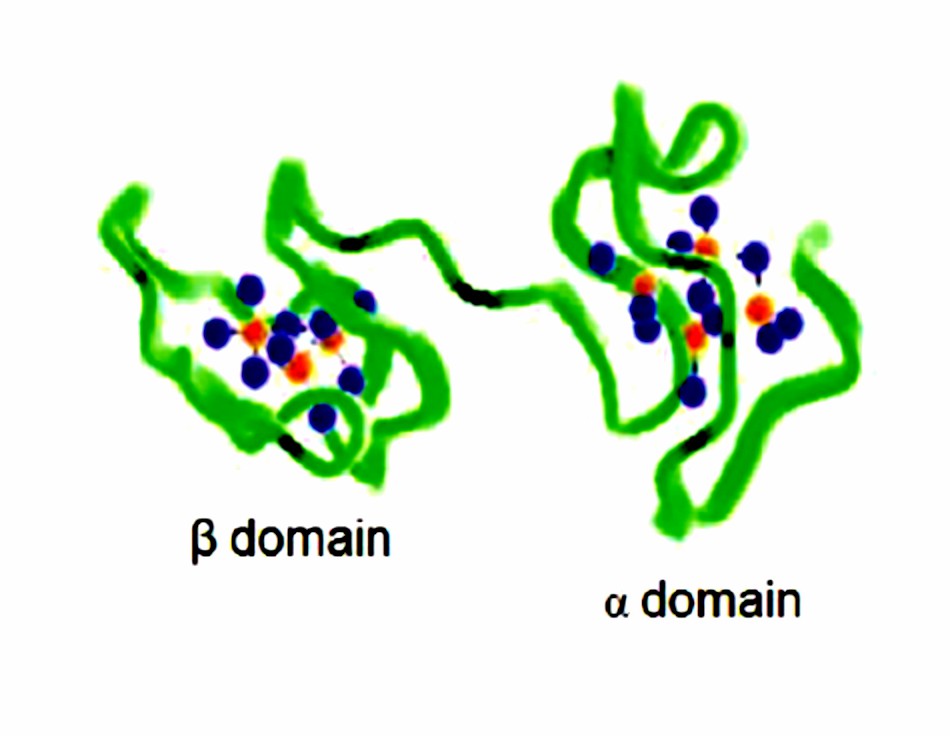
The Complete Guide to α-Copaene: From Chemistry to Practical Applications
α-Copaene stands as a naturally found sesquiterpene compound that possesses extensive biological and chemical capabilities.

A Comprehensive Guide to Amino Superparamagnetic Microparticles: Advancing Biomedical, Environmental, and Energy Applications
Amino superparamagnetic microparticles (ASMPs) embody an intriguing nanomaterial category that integrates superparamagnetic particles' magnetic properties with surface amino group modifications' functional flexibility.

Why 5-Carboxyvanillin is So Important?
5-Carboxyvanillin, a product of oxidation between isoeugenol and p-hydroxybenzoic acid, is a valuable chemical and pharmacological compound. As a chemical compound, it shares structure and properties with vanillin, an important flavouring agent.

What Makes Trehalose the "Sugar of Life"?
Trehalose is a unique non-reducing disaccharide, which is known as the "sugar of life" because of its remarkable biological properties and wide range of applications.

What is Toluidine Blue? Exploring Its Versatile Applications in Medicine
The basic thiazine metachromatic dye toluidine blue (TB) is known to be highly reactive with acidic tissue constituents such as sulfates, carboxylates, and phosphates.

What is Ectoine?
Ectoine, a naturally occurring osmoregulatory compound produced by halophilic microbes, has been of particular interest in recent years for its special cytoprotective effect and broad applications.

Overview of Phosphorylation
Phosphorylation is one of the most common post-translational modifications of proteins. It is the process of adding a phosphate group (-PO4) to proteins or other molecules. This operation can change the properties and functions of proteins in a short period of time.

Everything about Glycosylphosphatidylinositolated(GPI)-anchored Proteins
There are usually many proteins in the lipid valve structure of the cell membrane, which can be roughly divided into three categories.

What is Prussian Blue?
Prussian blue (Fe4[Fe(CN)6]3·xH2O) is a dark blue synthetic inorganic pigment from the ferricyanide coordination class. It is made up of ferrous (Fe3+) and ferrous(Fe2+) ions bound by a cyanide bond (-CN).

Overview of Copper Carbon Nanotube Composites
Copper carbon nanotube (CNT) composites are a new type of material that has carbon nanotubes inserted in a copper matrix for an optimum mechanical strength, weight reduction, and current carrying capacity.

Metallothionein: Functions, Isoforms, and Roles in Cancer Progression and Therapy
Metallothionein are low-molecular-weight cysteine-based proteins that trap metal ions with thiol groups. MT was first identified in 1957 by Margoshes and Vallee and is a metalloprotein, because of its abundance of metals and unusual bioinorganic architecture.

A Comprehensive Overview of Flomoxef
An oxacephem antibiotic that has been semi-synthesized, Flomoxef was developed in Japan in the 1980s. It's a structure-based cousin of -lactam antibiotics, though its oxacephem core makes it stand out among cephalosporins.

A Comprehensive Guide to Dialdehyde Starch
Dialdehyde starch (DAS) is a multifunctional biopolymer obtained from natural starch by selectively oxidizing the C2-C3 bonds of its glucose units, resulting in a high-density dialdehyde structure.

A Comprehensive Guide to Cyanine 3: Properties, Binding Mechanisms, and Applications
Cyanine 3 (Cy3) is a fluorescent dye that is part of the cyanine family, and it has a bright red glow. Its optical characteristics are an excitation wavelength of about 550 nm and an emission wavelength of about 570 nm.

Learn about 20 Common Amino Acids
Amino acids play an irreplaceable role in chemistry, biology and other fields. Among them, 20 common amino acids are the most concerned.

Amino Acids Chart
An amino acid contains both a carboxyl and an amine group. Both the amino and the carboxyl groups combine to create a peptide bond that polymerises into proteins and peptides.

Overview of the Mechanism of Action of α-Phellandrene
α-Phellandrene, (1,isopropyl-2-methylcyclohexa-1,4-diene) is a naturally occurring monoterpene hydrocarbon that's used to make essential oils from plants including eucalyptus, ginger, and some citrus fruits.

Metal-based Nanoparticles in MRI Contrast Agents
Magnetic resonance imaging (MRI), an all-pervasive imaging modality, shows precise inner body architecture using nuclear magnetic resonance (NMR) theory coupled with gradient magnetic fields.

Comprehensive Analysis of Diisobutylnitrosoamine
Diisobutylnitrosoamine, or NDBA, belongs to the class of molecules called nitrosamines, which interact with biological systems in very intricate ways, and are used in a variety of studies.

A Comprehensive Guide to the Application of Schizochytrium Powder
Schizochytrium powder - It is a powder that is made from microalgae (Schizochytrium sp.), and is highly nutrient-dense, especially packed with polyunsaturated fatty acids (docosahexaenoic acid, or DHA).





